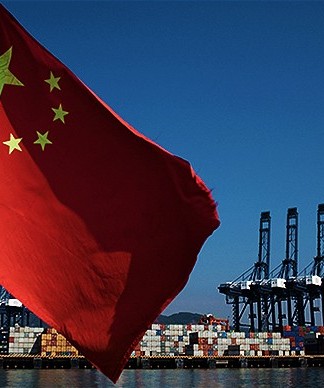While planning your estate, you may want to think about assigning powers of attorney to a person you trust in case you are not capable of taking certain actions or making certain decisions.
This is not something that many of us want to think about, but if for some reason you are incapacitated, you want to make sure that unscrupulous parties don’t try to take advantage of you or your family while you are in a crisis situation.
Richard Cayne of Meyer International suggests using a power of attorney to protect you and your family.
What is a power of attorney?
A power of attorney is a legal document the allows another person to act on your behalf as your attorney-in-fact. It needs to be authorised while you are proven to be of sound mind. It sounds like something out of a courtroom television show, but this is important so your instructions can’t be contested when the time comes for the person to act for you.
You can limit a power of attorney as much as you want, so that only certain assets or situations can be acted on by your attorney-in-fact. For example, you can just allow for bill payments while you are in hospital, or you can allow for full access to all your accounts for all decisions.
There are usually two types of powers of attorney. One is an ordinary one, which means it is only authorised until certain events occur (as determined by you) or until you pass away. You are still capable, mentally, but you are bequeathing responsibility to another party. The other is sometimes called a durable or continuing power of attorney, which gets set in motion when you are not able to make your wishes known. This is probably the more well-known type – an elderly person losing their memory needing a person to take care of their finances and/or medical care.
Richard Cayne says, “It can seem a bit macabre to think about a time when we are no longer in control, but unfortunately it’s a fact of life this can happen. It is better to be prepared for the worse.”
A power of attorney is not a trustee or an executor
A power of attorney is part of estate planning, but just as with trustees, this is not something that can take the place of a will. You still should prepare a will and, as discussed in other postings, consider the use of trusts if a power of attorney is not a suitable option.
International is still local
As with all the other discussions in estate planning, you need to make sure that whatever you put in place complies with local laws. Every country will have their own laws, and it can happen that what works in one jurisdiction will not work in another.
To continue this conversation, contact Richard Cayne at Meyer International.
About Richard Cayne
Richard Cayne is originally from Montreal, Canada, and currently resides in Bangkok Thailand with his wife Akiko Cayne and their two young children. He runs the Meyer Group of Companies (www.meyerjapan.com). Previously, he resided in Tokyo, Japan, for over 15 years, advising high-net worth Japanese families.
Richard has over 19 years of experience creating innovative international tax and wealth management solutions. He is also currently the CEO of Asia Wealth Group Holdings Limited (https://www.asiawealthgroup.com), an ISDX (ICAP Securities & Derivatives Exchange, a London-based stock exchange) listed Financial Holdings Company.















